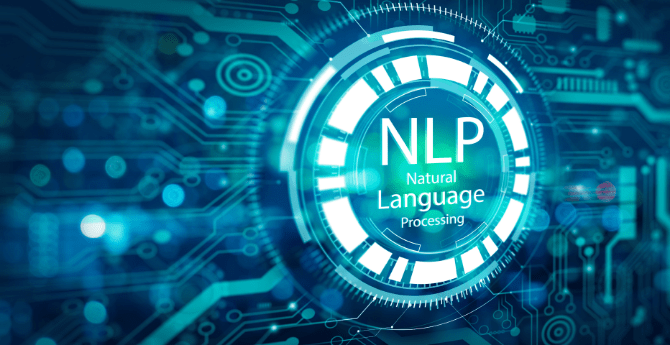Introduction:
Natural Language Processing (NLP) is a field of Artificial Intelligence that allows computers to understand, interpret, and generate human language. It is a rapidly growing technology that has the potential to revolutionize the way we interact with machines. In this blog, we will explore the basics of NLP and understand how it can be used in various industries.
What is NLP?
NLP is the ability of computers to understand human language in its natural form. It involves analyzing, understanding, and generating the languages that humans use to communicate. NLP is used to analyze texts, speech, and other forms of human communication. It uses machine learning and deep learning techniques to understand the meaning of the text or speech.
Applications of NLP
- Speech Recognition: NLP is used to convert speech to text, which enables computers to understand and respond to voice commands.
- Sentiment Analysis: NLP is used to understand the emotions and opinions expressed in text, which is used in customer service and marketing.
- Machine Translation: NLP is used to translate text from one language to another, which enables people to communicate across languages.
- Text Summarization: NLP is used to summarize large amounts of text, which is useful in news articles and research papers.
Sample Use Case: Chatbots
One of the most common applications of NLP is in chatbots. Chatbots are computer programs that can understand and respond to human language. They are used in customer service, e-commerce, and many other industries. NLP allows chatbots to understand the intent behind a customer’s question and provide a relevant response.
Conclusion:
NLP is a rapidly growing field with many potential applications. It has the ability to revolutionize the way we interact with machines and has the potential to improve many industries. With our company’s mission to hunt best talent from the globe and bring them together under one roof, we are always on the lookout for top talent to work on such revolutionary technologies.





 Case studies
Case studies Career
Career